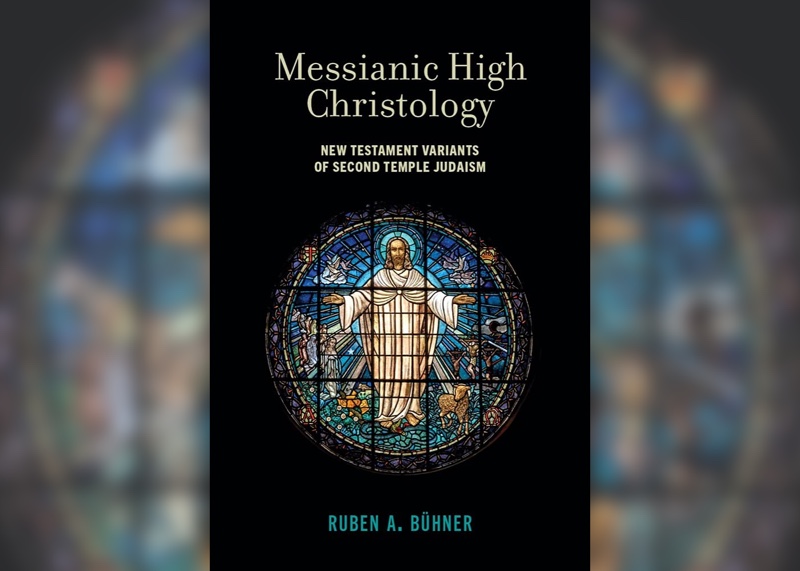In his book Messianic High Christology: New Testament Variants of Second Temple Judaism (2021), Ruben Bühner sets out to demonstrate that a high christology is compatible with Jewish messianism. The title says it all. The title may turn out to be a contradiction in terms.
Chapter one looks at Philippians 2:6-11, probably the key New Testament text for a high christology, comparing it with two Qumran texts, which Bühner thinks have some bearing on how we locate the second stanza of the encomium in the thought-world of second temple Judaism. As far as I can see, he offers no Jewish messianic premise for the first stanza. In fact, he will argue that the linguistic and conceptual background for the metamorphosis from “form of God” to “form of a slave,” and so on, is Greek. A good start, at least.




Recent comments